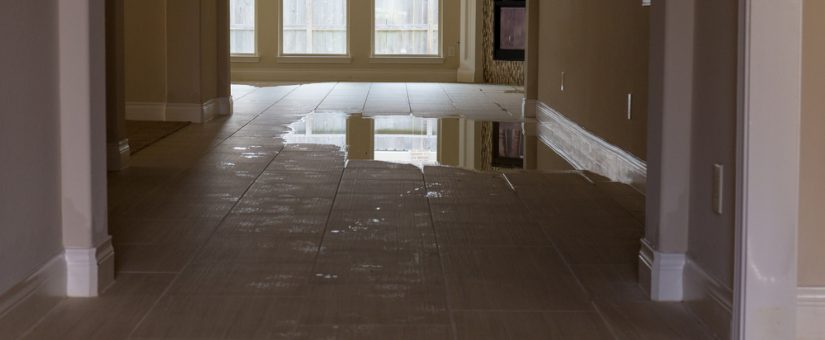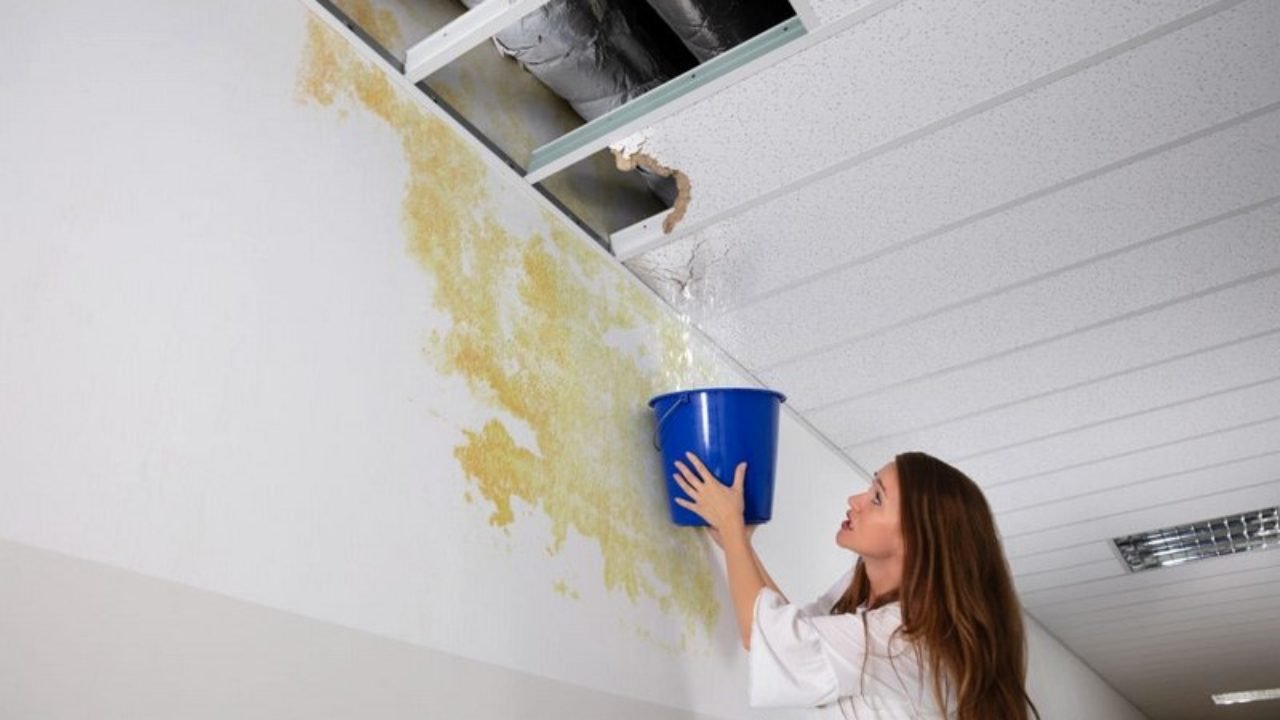Here in the next paragraph you will find more wonderful details on the subject of How Fast Water Damage Can Ruin Your Home.

Leaks not just create waste of water yet can additionally create unneeded damages to your house and also advertise unwanted organic growth. Unfortunately, water leakages may go unnoticed since most of the pipework in our residence is concealed. By looking and also comprehending for everyday scenarios that trigger leaks, you can shield your residence from future leaks as well as unnecessary damages. Today, we will take a look at 6 leakage triggers that may be causing your pipelines to leak.
Instantaneous temperature adjustments.
Extreme temperature level adjustments in our pipelines can cause them to increase and get all of a sudden. This growth as well as tightening might trigger splits in the pipes, specifically if the temperature are below freezing. It would be best if you watched on how your plumbing functions. The visibility of the previously mentioned scenarios frequently suggests a high threat.
Rusty water systems
As time passes by, your plumbing system ages and also corrosion such as rust may begin gnawing the pipes. This might be the source of discoloration or warping on your water pipes. This requires an examination with your plumber right away. If our plumbing system is old, take into consideration replacing the pipes given that they go to a higher risk of rust than the newer designs.
Malfunctioning Pipeline Joints
The factor at which your pipelines attach is frequently the weakest link in the waterline. Pipe joints can weaken in time, leading to water leakages. Unfortunately, the majority of pipe joints are not easily visible. If you have loud pipelines that make ticking or banging noises, especially when the hot water is turned on, your pipeline joints are possibly under a great deal of pressure. It is recommended to have your plumber check your system yearly.
Trespassing roots
A lot of water leakages begin outside your home instead of inside it. If you discover a sudden reduction in water pressure, claim in your tap, take time to head out as well as examine your yard. You could see damp spots or sinkholes in your yard, which could indicate that tree roots are invading water lines creating water to leak out. You can have your plumber check for intrusion, specifically if you have trees or bushes near your residential property.
Poor Water Connectors
At times, a leak can be caused by loosened hoses as well as pipelines that supply your devices. In case of a water connections leak, you may see water running directly from the supply line or pools around your appliances.
Blocked Drains
Obstructed drains may be irritating and also inconveniencing, but they can often wind up causing an overflow causing break pipes. Keep eliminating any kind of products that may decrease your drains pipes that could block them to stay clear of such hassles.
All the above are sources of leaks but not all water leaks arise from plumbing leakages; some leakages might originate from roof covering leaks. All leaks ought to be fixed quickly to avoid water damage.
Leakages not just create waste of water but can likewise trigger unneeded damage to your home and also advertise undesirable natural growth. By looking as well as recognizing for everyday circumstances that create leakages, you can shield your residence from future leaks and unneeded damages. Today, we will certainly look at six leakage causes that might be triggering your pipes to leak.
At times, a leakage can be caused by loose hose pipes as well as pipelines that provide your home appliances. In case of a water connections leakage, you may discover water running directly from the supply line or puddles around your devices.
Tell-Tale Signs of a Water Leak
The Sound of Running Water
If you’re hearing water running, your first step should be to check your faucets, toilet valves, and outdoor spigots. If everything if status quo, take an exact reading of your water meter and don’t use the water for a few hours. Then, take another meter reading. If there has been no change, that means water is not running (and maybe it’s time to have your hearing checked!). If the reading has changed, however, this indicates that water is indeed flowing and you most likely have a leak.
Wet or Damp Floors
You’re walking across your carpet and suddenly squish—your sock is soaked! The dog doesn’t look guilty and your child swears they didn’t spill anything. That means you’re likely looking at sewer leakage. Now, it’s easy to just soak it up with a towel and call it a day; however, this won’t stop the leak. Ignoring the problem allows moisture to build up, ultimately causing mold or mildew. Not only is this smelly, it can be very toxic and harmful to children, the elderly, pets, and those with weak immune systems. Don’t risk the health of your home and your family—call in a professional to take care of the problem.
Foul Odors
If there’s an unpleasant smell in your home and you can’t locate the source, don’t just light a candle or spray some Febreze. Funky smells are often due to mold and mildew, which spread fast under ideal conditions (optimal temperature and level of humidity). Growth begins within about 24-48 hours, and spores start to colonize in 3-12 days, becoming visible to the eye within about 18 days. If you think the odor is leak-related, get a plumber out as soon as possible to mitigate damage from rapid fungi growth (and rid your home of the foul odor).
Overgrowth in the Lawn
Unless you didn’t fertilize your lawn evenly, a lush patch of grass in a select area of your lawn, or concentrated wet spots, indicate pipe leakage which is acting as a fertilizer. Left untreated, hazardous bacteria in the underground waste will quickly turn into a messy situation, going from lush growth to lawn destruction.
Wall Cracks
Over time, even the littlest of leaks can cause cracks in the foundation of your home and compromise the entire structure. How does it happen? The leak continues hammering away at the same spot in the ground beneath your home, eventually causing it to shift slightly. Now, you’d never feel this shift, but your walls will. This can be a very dangerous situation, so if you’re seeing vertical or diagonal cracking in your walls it’s best to call a plumber right away.
https://www.expresssewer.com/blog/6-telltale-signs-of-a-water-leak-in-your-home

Do you appreciate reading up on How Fast Water Damage Can Ruin Your Home? Place feedback down below. We will be interested to hear your ideas about this page. Hoping that you visit us again later on. Do you know another individual who is involved in the topic? Why not promote it. Thanks a lot for your time invested reading it.
Click Here